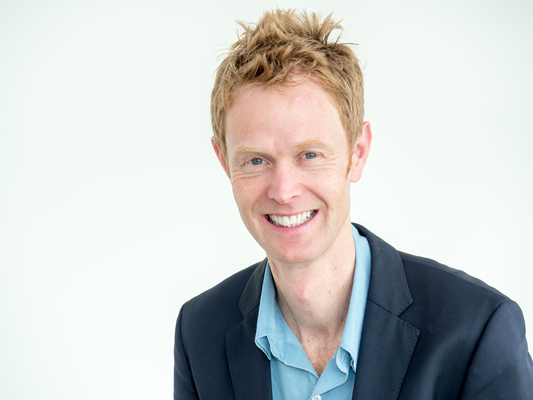A solution to Australia’s rocketing rate of food allergies could emerge from a study of babies in the Barwon region.
The study found that babies were more likely to develop food allergies in their first year if born with “hyperactive” immune cells, researchers announced this week.
“The finding could lead to future treatments for babies and infants to prevent childhood food allergies,” the research team said.
The researchers based their findings on food-allergy data from a study of more than 1000 pregnant women and their babies in the Barwon region.
The team, which included members from Barwon Health and Deakin University, investigated immune cells in cord blood to determine the allergy link.
Childhood food allergies were now “very common” in Australia, said joint lead researcher Associate Professor Peter Vuillermin, a Barwon Health paediatrician.
“There has been a three-fold increase in hospital presentations due to food allergy over recent decades and most of this increase have been among children under five years of age,” Assoc Prof Vuillermin said.
“In fact, up to one in every 10 babies in Melbourne develop food allergy during the first year of life.
“We don’t know why the increase in food allergy has occurred. The important thing about this study is that we’ve shown the immune systems of babies who develop food allergy are in a sense primed for allergic disease by the time they are born.”
Co-lead researcher Professor Len Harrison, who works at the Walter and Eliza Hall Institute, said the next step for the team was to identify why the babies had hyperactive immune cells.
“Are the immune cells inherently activated because of the baby’s genes or do they become activated at the time of birth or earlier in pregnancy, and how?
“This study really emphasises how critical it is to look at pregnancy and early life to really understand why chronic immune and inflammatory disorders such as allergies develop in childhood and later.”
· School staffer recognised for food allergy support, page 9.
Barwon mums, babies in food allergies discovery

Digital Edition
Subscribe
Get an all ACCESS PASS to the News and your Digital Edition with an online subscription
From the archives
16 years ago
15 January, 2010
Greater police presence and the introduction of new powers to tackle anti-social behaviour have led to a “significant” drop in...








